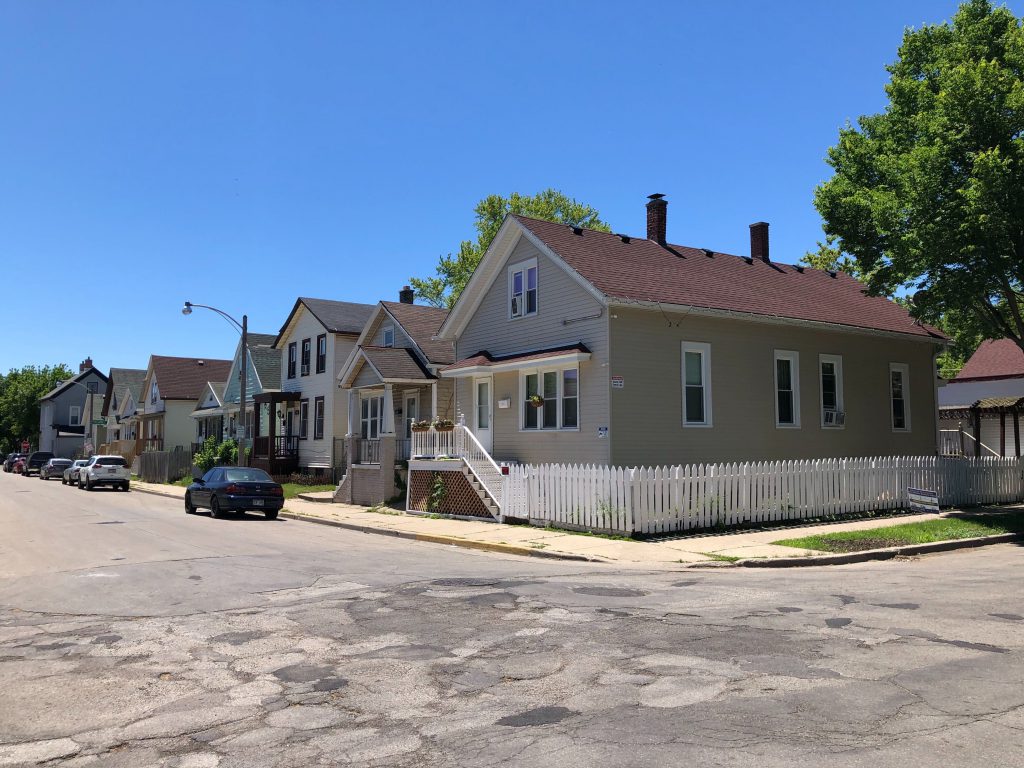State’s Black and Hispanic Renters Struggling
Report finds 47% of Black renters, 31% of Hispanic renters behind on payments.
Large numbers of Black and Hispanic people in Wisconsin are behind on their rent, according to a new report. The report by HelpAdvisor, an online resource that compiles information largely about federal and state benefits, shows that nearly half of African American renters in Wisconsin are behind on rent. Wisconsin has the highest rate of rent delinquency for Black residents of any state and the third highest rate for Hispanic renters. The report drew from the U.S. Census Bureau’s Household Pulse Survey for the period from March 2-14. The survey was released on March 23.
“Millions of Americans are struggling to keep up with their rent payments in 2022, and Black and Hispanic renters are disproportionately behind on their payments,” the report concludes.
In Wisconsin, 47.4% of Black renters are behind on their rent, according to the survey data, eclipsing the national average for that group of 19.9%. In addition, 31% of Hispanic renters in Wisconsin are behind on their rent. In comparison, the survey found that 8% of white renters in Wisconsin were behind on payments. Especially for the national picture, the variables are numerous. Clements noted that, “it’s hard for us to draw a correlation, because rent prices have risen differently in different parts of the country.”
According to the HelpAdvisor report, rent costs don’t correlate with rent delinquency; in California, for example, with some of the highest monthly rental costs in the country, the rate of delinquency among renters was relatively close to the national average.
Many of those disparities also translate to concerning developments on the ground. Since 2020, the city of Milwaukee has faced waves of evictions with low-income communities largely bearing the brunt. The Wisconsin Department of Justice recently filed a lawsuit against Berrada Properties, which has 8,000 units in Milwaukee and Racine, alleging that the company wrongly forced tenants out and confiscated their belongings.
Wisconsin leads the nation in Black mass incarceration, and Milwaukee’s 53206 is the nation’s single most incarcerated Zip code. As more attention focuses on the city’s homicide rate, researchers have seen links between gun violence and housing insecurity. About 35% of Wisconsin’s population, or 2 million people across racial lines, live in poverty or low-wealth conditions. Long-standing housing discrimination continues to shape where people are able to live. Grassroots housing outreach groups like Street Angels fear that the population of unhoused Milwaukeeans they encounter during outreach will quadruple by the summer.
Organizations like the Milwaukee Autonomous Tenants Union have been protesting evictions in the city. The Legal Aid Society of Milwaukee recently established a resource center on Milwaukee’s south-side, and the agency has warned that the evictions are rising in 2022.
“It seems like such a tough issue that has to be addressed locally,” said Clements, who considers grassroots organizations invaluable “just because they’re so plugged into the communities that they work with.”
The census survey asks respondents how confident they are that they would be able to pay rent in the next month. In Wisconsin, 13% of Black respondents “said that they are not at all confident that they will be able to pay their rent next month,” said Clements. “Which is a pretty high percentage. I mean, that’s scary — that’s impending eviction.”
Over time, many of the eviction moratoriums and rental assistance programs created during the height of the COVID-19 pandemic have waned. “I imagine it would be very difficult to be a renter in this position and see things like the eviction moratorium kind of see-saw back and forth, and then be struck down,” said Clements. “Local leaders, volunteers, activists, will have to take on the brunt of the work as, unfortunately, they usually have to.”
The disparities in the data also helps underscore many of those struggles to those who may never have experienced them.
“It’s important for us, HelpAdvisor, to look at as locally as we can how these issues are affecting communities to shine that light,” Clements told Wisconsin Examiner. “And hopefully other people who aren’t experiencing that can be given that perspective and, hopefully, that leads to change. And if nothing else it will lead to more people who are in need of assistance to find the help they need.”
Report: Black and Hispanic renters are struggling in Wisconsin was originally published by the Wisconsin Examiner.






















